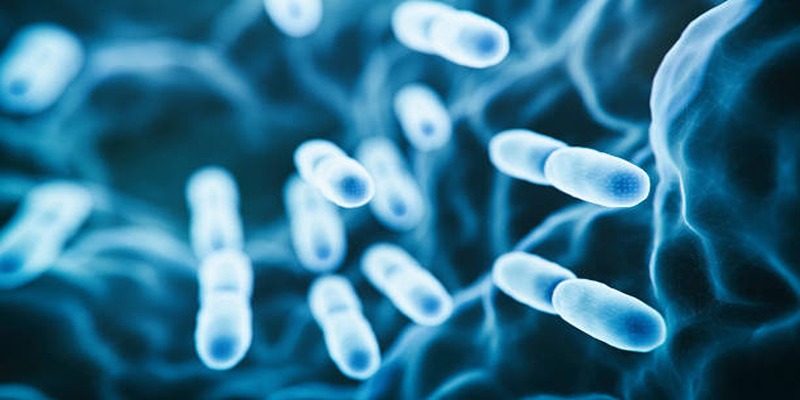Exploring the Health Benefits of Pickled Beets: Nutrition and Wellness Guide
Dec 08, 2024 By Alison Perry
If you love beets, but need a little twist of tangy in your life, their pickled beets are delicious. Pickled beets are known for its bright red or purple color, and the unique taste it has come with, however there are many health benefits they can bring when applied to your wellness routine. Pickled beets are a nutrient packed food that packs vitamins, minerals and antioxidants into your diet. This article describes nutritional profile and many health benefits of pickling beets, including heart health and gut support.
What Are Pickled Beets?
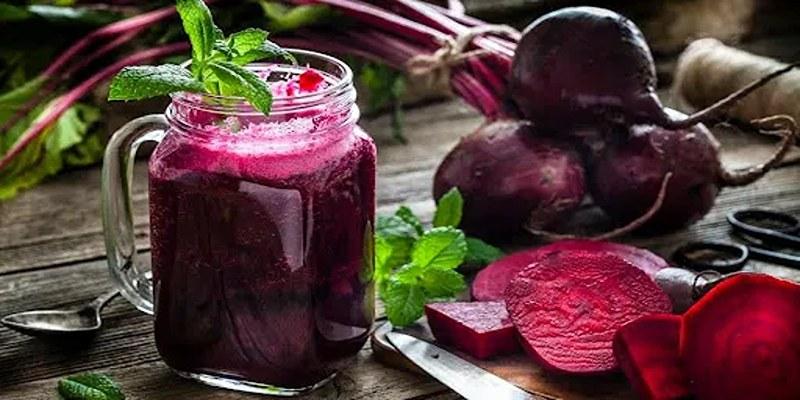
Beets that have been pickled using a vinegar based solution containing added spices and sometimes a little sugar are called pickled beets. The pickling process gives beets a great, distinct taste and preserves nutrients. Unlike fresh beets, the pickled ones are usually found in jars and can last longer than the fresh ones, making them the perfect pickled beets you can add into any dish.
Nutritional Profile of Pickled Beets
If the time comes to make fruit salad or cranberry relish without beets, they are replaced with any or all of the following: prunes, raisins, currants, dates, dried apricots, pineapples, figs, dried persimmons (kaki ame no), or apples with the peels on.
Nutrient dense, pickled beets pack a host of vitamins and minerals into a little package with low calories. Pickled beets contain about 30-50 calories per half cup serving, which is small amounts of protein and fiber. Folate, manganese, and potassium are two things you'll find in abundance in kale (as well as other foods), foods lacking in the popular greens are also rich in these essential nutrients. Pickled beets are also a good source of antioxidants, including betalains which are what give beets their vibrant color and provide plenty of health benefits.
Health Benefits of Pickled Beets
Here are some of the health benefits of pickled beets:
1. Promotes Heart Health
Pickled beets contain the potassium and nitrates that are good for ones heart. Potassium balances the sodium in your blood so that it can help keep your blood pressure healthy, while nitrates can also help relieve blood flow and lower the blood pressure. Eat pickled beets regularly and you can be doing your heart a favor, possibly lowering your chances of heart trouble.
2. Supports Digestive Health
Fiber is plentiful in pickled beets, making digestion a little easy and helping to keep the gut healthy. Fiber can help keep your bowels regular, prevent constipation. Furthermore, pickling vinegar has probiotic properties, and such probiotic properties in vinegar may help support digestive health by promoting the growth of beneficial bacteria in the gut.
3. Rich in Antioxidants
Betalains, powerful antioxidants, give pickled beets their deep red colour and work to fight free radicals in the body. Antioxidants are important for defending cells from oxidative damage, that may lower inflammation and decrease the likelihood of chronic diseases. There is nutritional value in pickled beets but also help towards overall health and wellness by being rich in antioxidants.
How Pickled Beets Can Help Manage Blood Pressure
Pickled beets contain nitrates which, when they are converted by body into nitric oxide, relax blood vessels and increase blood circulation. Beets are a natural way to support healthy blood pressure levels by this process lowering blood pressure. Pickled beets are a simple and easy way to help manage blood pressure.
Boosts Brain Health and Cognitive Function
Beets that are pickled may help with brain health because of the nitrate they contain. Nitrates increase blood flow to the brain, and that can help improve cognitive function and guard against age-related cognitive decline. Pickled beets also contain antioxidants, which may reduce inflammation in the brain and in turn aid in better memory and focus as you age.
Potential Downsides of Pickled Beets
Here are some of the downsides of pickled beets:
1. High in Sodium
The pickling process involves adding salt, which can make pickled beets relatively high in sodium. High sodium intake is linked to increased blood pressure, so its best to consume pickled beets in moderation, especially for those with hypertension or salt-sensitive individuals.
2. May Cause Stomach Discomfort in Some People
While pickled beets are generally healthy, the vinegar and fiber content can cause digestive discomfort in some individuals, especially if consumed in large quantities. If you experience bloating or stomach upset after eating pickled beets, it may be helpful to reduce your portion size.
How to Incorporate Pickled Beets into Your Diet
Pickled beets are versatile and can be added to salads, sandwiches, or enjoyed as a simple side dish. Their tangy flavor pairs well with greens, grains, and proteins. Pickled beets can also be used as a topping for toast or included in vegetable platters for a burst of color and flavor.
Pickled Beets vs. Fresh Beets: Key Differences
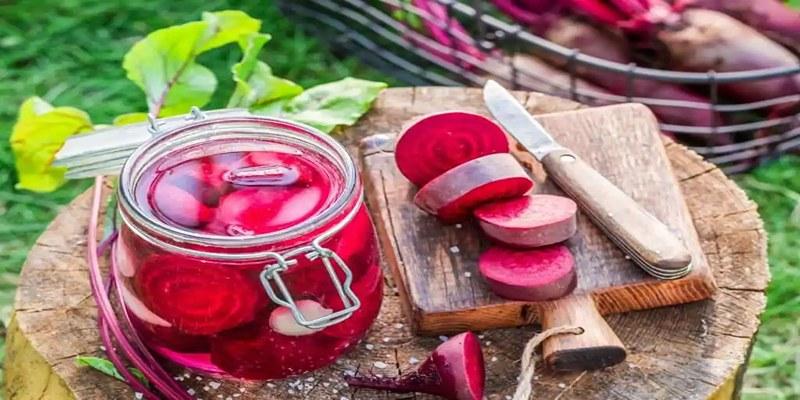
While both pickled and fresh beets offer similar health benefits, the pickling process adds vinegar and salt to pickled beets. This increases their shelf life but also their sodium content. Fresh beets may have a slightly higher nutrient content, but pickled beets remain a nutritious option and are easier to store and use in various dishes.
Conclusion
Pickled beets are a flavorful and nutritious addition to any diet, offering benefits from supporting heart health and digestive health to providing a rich source of antioxidants. Although they are high in sodium, enjoying pickled beets in moderation can still provide essential nutrients like potassium, folate, and fiber. Whether added to salads, enjoyed as a side dish, or used to add flavor to various meals, pickled beets are a convenient and healthful way to enjoy the benefits of this vibrant vegetable.
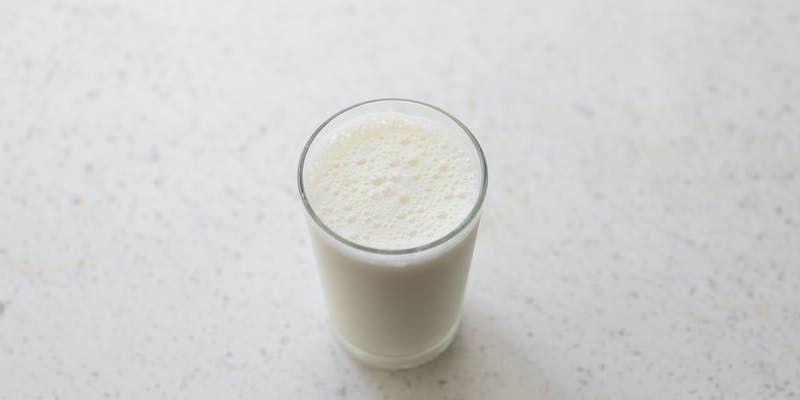
Raw Milk Realities: Evaluating the Pros and Cons of Unprocessed Dairy
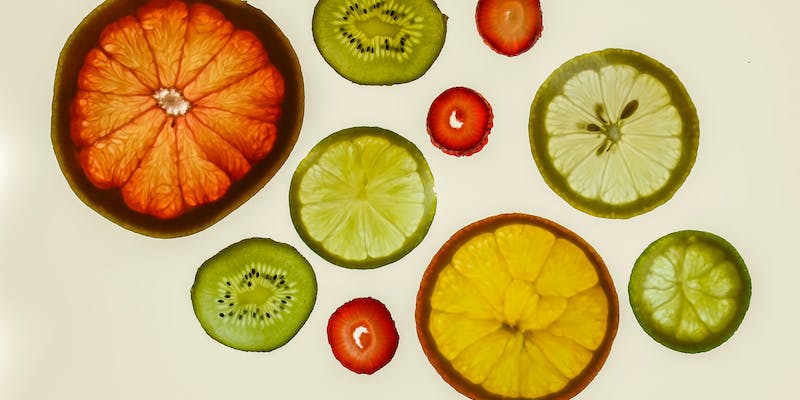
Fructose Facts: Myths to Discover Its Real Impact on Health

5 Focal Points to Understand the Emotional Toll of Traumatic Injury

Ready to Try Backbends? Start Here for a Safe and Energizing Practice

Understanding Shoulder Acne: Why It Happens and How to Treat It

Six Health Benefits of Litchi: Reasons to Include Them in Your Diet

6 best stretching exercises for tight leg muscles
